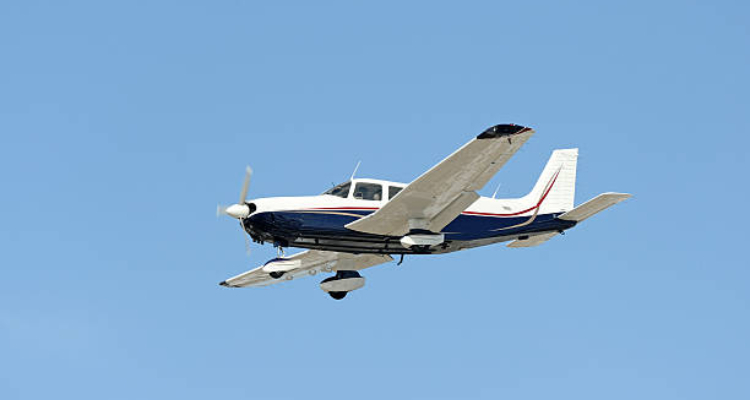
Whether you're a novice pilot or have years of experience, it's always beneficial to revisit some of the most common mistakes in aviation. Learning from errors can mean the difference between a safe journey and a catastrophic event. In this article, we will explore some frequent flying mistakes and provide actionable advice on how to prevent them.
Forgetting Pre-Flight Checks
The Mistake:
Skipping the crucial step of a pre-flight check can leave room for several unexpected complications during the flight.
How to Avoid:
Always adhere to a comprehensive pre-flight checklist. Make it a habit to go through every item meticulously before taking off.
Inadequate Weather Analysis
The Mistake:
Ignoring weather forecasts or interpreting them incorrectly can lead to dangerous situations.
How to Avoid:
Always consult multiple sources for weather updates, and make sure you understand how to interpret meteorological data properly. If in doubt, consult with flight service stations or experienced pilots.
Poor Communication
The Mistake:
Insufficient or unclear communication with air traffic control (ATC) or other aircraft can cause misunderstandings that jeopardize safety.
How to Avoid:
Be concise, clear, and accurate when communicating over the radio. Follow the standard aviation phraseology to ensure you're universally understood.
Ignoring Air Traffic Control Instructions
The Mistake:
Failure to follow ATC instructions can lead to near-misses, airspace violations, and other serious issues.
How to Avoid:
Pay careful attention to ATC directives and confirm any instructions you receive. If you are unclear about a command, do not hesitate to ask for clarification.
Failing to Plan for Fuel
The Mistake:
Miscalculating your fuel needs could result in running out of fuel mid-flight.
How to Avoid:
Always calculate your fuel requirements rigorously and have a backup plan. Keep track of fuel consumption during the flight and be prepared to land at an alternate airport if necessary.
Spatial Disorientation
The Mistake:
Losing awareness of the aircraft's position relative to the earth can be disorienting and potentially disastrous.
How to Avoid:
Trust your instruments, not your senses, in situations where visual cues are unreliable. If you experience disorientation, refer to your flight instruments and consider contacting ATC for assistance.
Frequently Asked Questions
What is the most common mistake made by new pilots?
New pilots often neglect thorough pre-flight checks, considering them redundant or time-consuming. However, these checks are crucial for flight safety.
How can I improve my communication with Air Traffic Control (ATC)?
Clear and concise communication is key. Familiarize yourself with aviation phraseology and standard procedures to minimize misunderstandings.
Is it advisable to always have an alternate airport?
Yes, having an alternate airport is highly recommended, especially for longer flights or those where weather may be a factor.
Conclusion
Mistakes happen, but understanding the most common flying errors and how to avoid them can significantly increase your safety in the air. Keep learning, stay vigilant, and always prepare for the unexpected. Happy flying!
